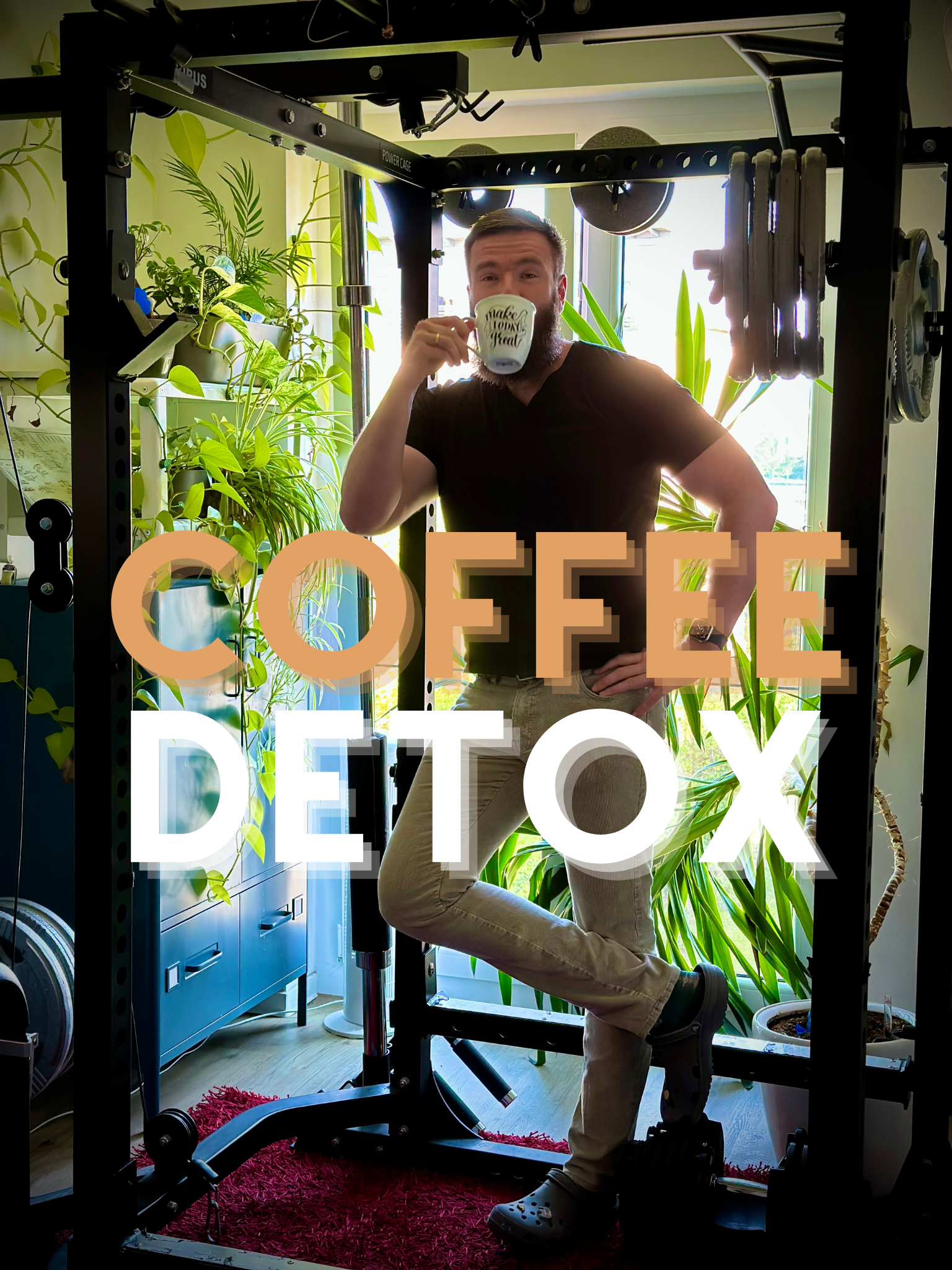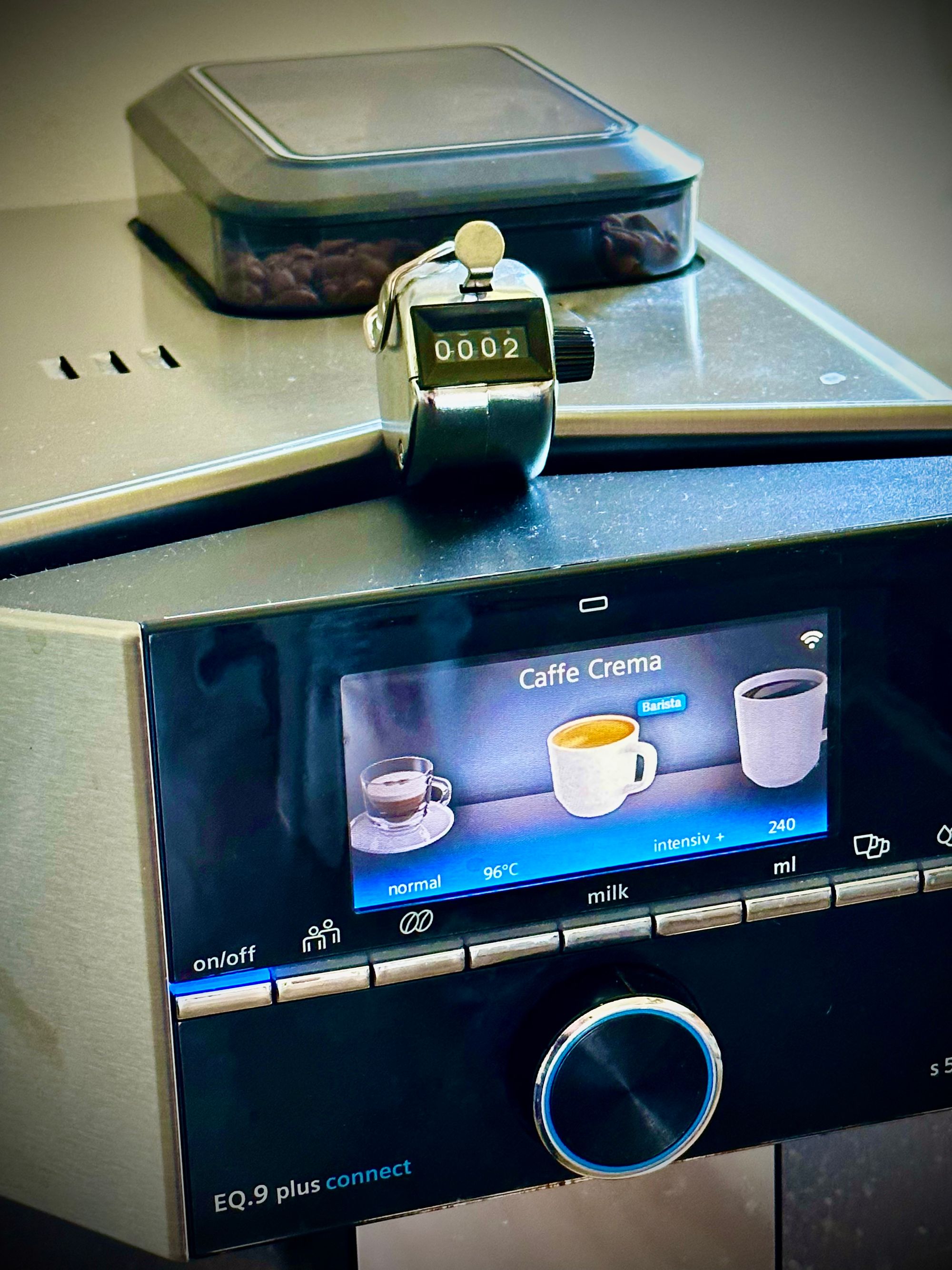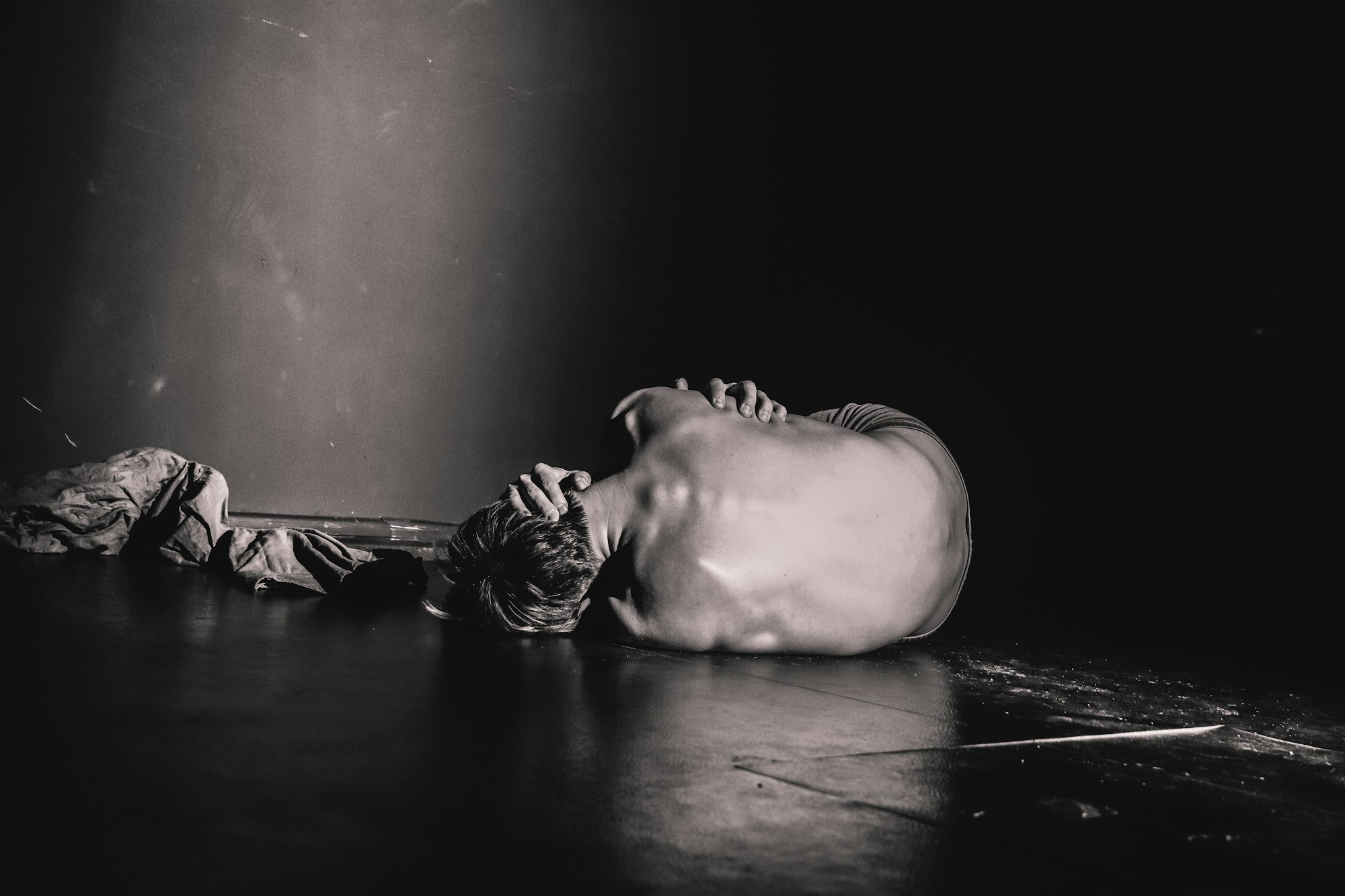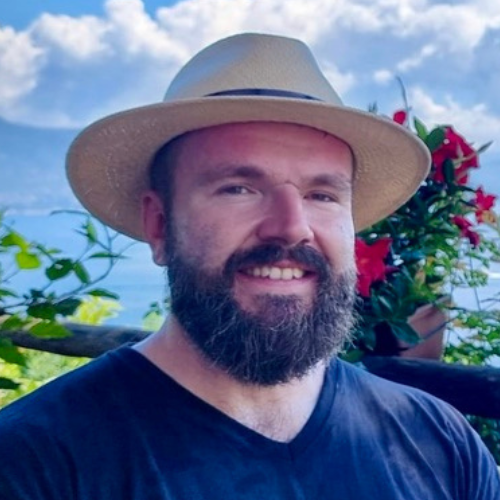The Unfiltered Reality of a Coffee Lover on Detox: The Expected and Unexpected Results
Join me as I navigate the challenging terrain of a caffeine detox, sharing my personal experiences, the ups, the downs and the unexpected. Discover how this journey has reshaped my relationship with coffee, its effect on my daily routine, and the surprising withdrawal symptoms.

13 years ago, I was researching knowledge graphs at the Fraunhofer Institute when my colleague, Frank, said something remarkable in response to my invitation for coffee in the morning:
"Coffee already at 8 a.m.? I'm not tired yet. I'll drink later in the afternoon."
At first, I found his statement strange because coffee was integral to my routine and mornings. However, eventually, I understood Frank's perspective on coffee.
He believed that coffee was a tool to smooth over a temporary slump and, thus, should only be used when needed, whereas, for me, it was just a habit in the morning.
As I mentioned in my last two Diligent Sunday issues, I am currently undergoing a caffeine detox to see what life is like without coffee. With this article, I want to report back to you so you don't have to do this experiment yourself.
I have completed two out of four weeks of the detox, and since most of the effects should have set in by now, I can share this preliminary conclusion.
My Motivation: More Evening Energy
I usually drank 8-12 (large) cups of (mild) coffee every day. In the morning, I drank it in quick succession, usually having four cups by 5-9 am, and then the rate slowed down throughout the day. The more prolonged and frequent my work meetings were, the more I drank. Additionally, I drank pre-workout drinks containing a lot of caffeine every two days.
I do not think coffee and caffeine are inherently harmful, but I suspected that a detox could provide specific benefits or that caffeine was causing structural problems for me:
- My skin is slightly reddened in the afternoon (due to increased blood flow to the skin?), and people often ask me about my red skin because they think I have an annoying sunburn.
- When I consume the upper limit of my caffeine consumption, I become irritable in the evening and feel detached.
- I noticeably lack concentration in the evening, and it feels like the coffee is consuming my daily mental capacity more towards the beginning of the day. I attribute this to dehydration, but the pure amount of caffeine may also affect me.
- Frequent toilet breaks. When I walk for 1.5 hours, I have to use the toilet half of the time because coffee is a diuretic and leads to more fluid intake.
- I feel dependent on always needing access to coffee. In Germany, this is not an issue since coffee is ubiquitous. However, it became apparent when I even brought a small water kettle and instant coffee for hotel and business trips to have my morning coffee.
Moreover, I hoped my resting and exercise heart rate would decrease, improving my sports performance.

My Detox Plan: Cold Turkey
I planned to quit caffeine entirely for two weeks after a week, during which I drank less coffee anyway (short vacation). Then, I would abstain from coffee for additional weeks. This means I will allow myself to drink caffeinated tea after two weeks.
Thanks to the new zero bottom line, I want to drink coffee again at the end of the detox, but only at a reduced level of 2-4 cups per day.
My wish is for the detox to change my perspective on coffee.
- I want it to be a booster tool I use when needed, not a routine, just like Frank's perspective in my introductory story.
- In the future, I also want to avoid drinking coffee while working in parallel. I wish to mono-task drinking it consciously in between breaks. This should prevent unconscious drinking of too high quantities over the day.

Detox Protocol: Some expected and some unexpected things happened.
I would have chosen a gentler withdrawal if I had known that cold turkey would be so difficult.
- Day 1: I had my last coffee at breakfast at 8 am. I missed it a bit, but there were no symptoms or changes.
- Day 2: I already wanted coffee in the morning, but it was limited, and I could still work on my Diligent Sunday newsletter from 5 am to noon. However, it became challenging for me to concentrate from 10 am onwards, and I had a headache by noon. In the afternoon, I was unable to work but could go for a walk or watch TV. In the evening, the symptoms were so severe that I felt really, really unwell. I couldn't even watch TV or read a book and felt nauseous. I could only fall asleep with the help of headache tablets (which only helped to a certain extent) and Vomex tablets. I still threw up despite it.
- Day 3: The withdrawal symptoms disappeared after the night, and I could think again. However, I had difficulty concentrating and finding words (not profound, but noticeable). The sentences came out a bit slowly from my brain.
- Day 4: I had significant slumps in the afternoon and struggled through my work meetings. I was not as focused as usual at this time. I had an important presentation the following day, so I hoped to return to my performance level quickly.
- Day 5: I felt good and fit. I could fully concentrate and think clearly. I felt more evenly distributed energy and was still as alert as usual around 5-6 pm.
- Day 7: I slept poorly and felt extremely tired in the morning. However, this cleared up during the day.
- Day 10: I did not experience any coffee cravings, but I did not notice as many significant positive effects as I had hoped. For instance, my sleep did not improve (apple watch data), and my mind sought alternatives, as I often thought about cigarettes, despite quitting in 2019.
- Day 10-12: My desire for "spikes" (when the pulse increases suddenly, and you have that moment of a perception boost) grew. For the first time since my sugar detox, I ate sweets that I found hidden in the apartment. My desire for cigarettes - preferably with beer - also increased.
- Day 13: I gave in and smoked a cigarette. I felt disgusting after smoking. Otherwise, I noticed that I had a better mood than usual. But this could also be due to other factors, as my workdays went well, calmly, and successfully.
- Day 14: Commenters on my social media posts recommended good coffee alternatives, such as Yerba Mate tea or mushroom coffee. From today on, and for the next two weeks, I will only abstain from coffee and allow myself to drink caffeinated alternatives. I hope that this will stop my cravings for even more unhealthy habits.
Well, what can I say? I did not expect the things that appeared with a little delay and other older addictions suddenly resurface. This showed that the coffee detox was a dopamine detox.
Who knows, maybe I have been jumping from addiction to addiction all these years. Alcohol was replaced by nicotine, and nicotine was replaced by coffee. But perhaps I am just imagining that; I have always consumed much coffee.

Effects: Which advantages did I gain, and which didn't?
In the motivation section, I described what I hoped for. Here is what happened:
- According to my Apple Watch's weekly average, my resting heart rate did not decrease but increased by five beats.
- My walking heart rate varied a little on average throughout the week, with a slight decrease.
- My HRV sunk by about 15%, indicating increased stress
- I did not need coffee to be alert and focused. Without coffee, I could work highly focused from around 5 am to 2 pm and moderately focused from 2-5 pm.
- In general, my energy levels did not increase significantly. I had hoped for this to happen, especially in the evening. I feel a bit more balanced, but the effects are subtle.
- My complexion is a bit less red, but coffee seems not to be the sole or primary cause.
- I have to go to the toilet less often because I drink less, but that is not a significant change.
- I am not easily irritated in the afternoon and generally have a slightly better mood.
I had hoped for a few more benefits from the detox, but, well. Maybe I need to observe this further.

Conclusion: Cold Turkey is not worth it; Conscious Reduction is better.
My coffee detox was very painful and, in my opinion, brought too few advantages. I believe that I am a person who tolerates coffee well and can drink it with a clear conscience. The main advantage of the detox, I think, is that I have now found a new zero line that allows me to drink less coffee in the future.
It also allows me to shift my mindset: I no longer reach for coffee "just like that" but wait for tiredness triggers and then use coffee as a targeted booster. Or as a booster for workout sessions. Or as a deliberate, mono-tasking break from work.
Anyway, I like to challenge myself and my habits, and I like the feeling of temporarily defeating this addiction. It gives me a sense of control.
My recommendation for you: If you are a heavy coffee drinker like me, you can also do a detox. In my opinion, one week is enough to find a new zero line. Also, I think a cold turkey is not the best path. A conscious reduction to 2-4 cups a day might be the better strategy to avoid severe withdrawal symptoms.
If you only drink a few cups, you do not need to do anything and can continue your habits.
Feel free to add tips and thoughts to this page's comment section, Twitter or LinkedIn!
Best regards,
-- Martin from Deliberate-Diligence.com

Discussion